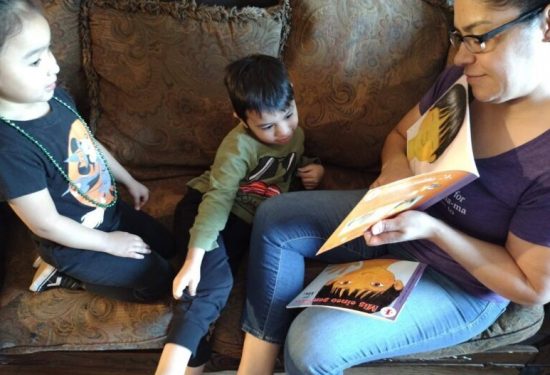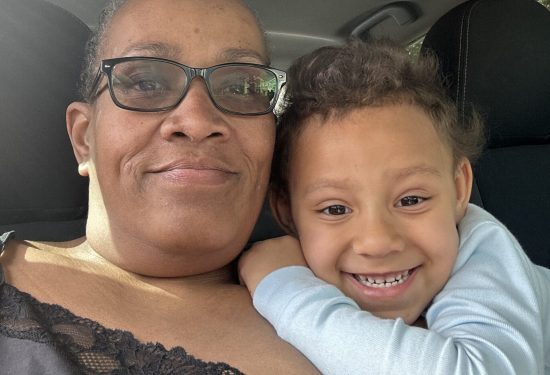Families and child care providers are being squeezed as pandemic-era supports expire and federal funding stalls. Across the country, home-based providers are struggling to stay open amid lower reimbursements and rising costs. Without stronger federal investment in the Child Care and Development Block Grant (CCDBG), tens of thousands of children could lose access to care.
Home-based child care providers share feedback and insight on their experiences with legislative visits during the 2025 August recess.
Families and child care providers are being squeezed as pandemic-era supports expire and federal funding stalls. Across the country, home-based providers are struggling to stay open amid lower reimbursements and rising costs. Without stronger federal investment in the Child Care and Development Block Grant (CCDBG), tens of thousands of children could lose access to care.
Carmela is a family, friend and neighbor caregiver who is proud of her Hispanic heritage. Learn more about how her Hispanic heritage shapes her work as a HBCC caregiver in this blog.
Grandparents are unsung heroes of home-based child care. Millions of grandparents are stepping up all across the U.S. to provide primary care for their grandchildren. Stories like Tracy Owen, Natalie Whitesides, and Maria Buehler show how grandparents balance work, retirement, or other responsibilities while providing loving care.
Despite a small 2.23% increase in CACFP reimbursement rates for 2025–26, HBCC providers are still struggling to cover rising food and operational costs. The updated rates add just a few cents per meal. Meanwhile, new federal policies threaten to reduce eligibility for free and reduced-price meals, putting further strain on providers and limiting access to nutritious food for kids. This blog breaks down what’s changed, why it matters, and what’s at stake for child care providers and families alike.
Ahead of FFN Appreciation Week 2025, a member of the Home Grown staff shares her personal experience with family, friend and neighbor providers and why she's passionate about supporting them.
Severe climate and weather disasters in the U.S. have become more frequent. For home-based child care providers, these disasters not only affect the health and well-being of those impacted, but they also disrupt the livelihoods of HBCC providers and caregivers whose businesses are run from their homes.
When the devastating LA fires displaced families and child care providers, Home Grown and local partners moved quickly to provide emergency cash aid.
Stephen Cutty, a home-based child care provider in California, is one of a small number of male child care providers. He calls running his business "the greatest experience of [his] life."











